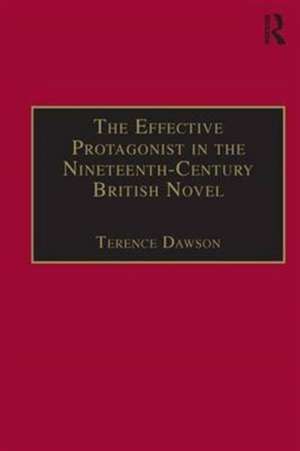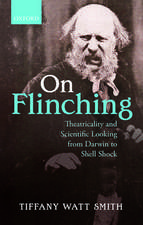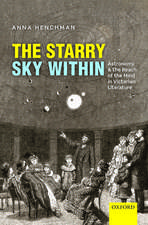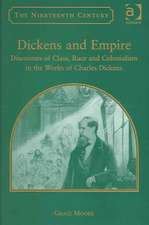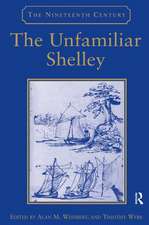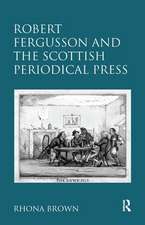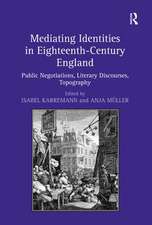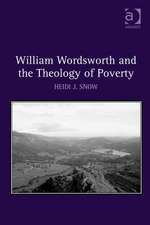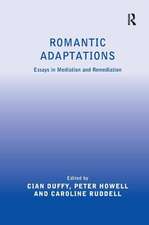The Effective Protagonist in the Nineteenth-Century British Novel: Scott, Brontë, Eliot, Wilde
Autor Terence Dawsonen Limba Engleză Hardback – 25 noi 2004
Preț: 769.37 lei
Preț vechi: 1105.82 lei
-30% Nou
Puncte Express: 1154
Preț estimativ în valută:
147.22€ • 160.42$ • 124.05£
147.22€ • 160.42$ • 124.05£
Carte tipărită la comandă
Livrare economică 23 aprilie-07 mai
Preluare comenzi: 021 569.72.76
Specificații
ISBN-13: 9780754641353
ISBN-10: 075464135X
Pagini: 312
Dimensiuni: 156 x 234 mm
Greutate: 0.74 kg
Ediția:New.
Editura: Taylor & Francis
Colecția Routledge
Locul publicării:Oxford, United Kingdom
ISBN-10: 075464135X
Pagini: 312
Dimensiuni: 156 x 234 mm
Greutate: 0.74 kg
Ediția:New.
Editura: Taylor & Francis
Colecția Routledge
Locul publicării:Oxford, United Kingdom
Recenzii
'In unusually strong, jargon-free prose, Dawson offers an innovative model for psychological approaches to literary interpretation, a new look at gender-based criticism, and startlingly original readings of four canonical British novels.' George P. Landow, Professor of English and Art History, Brown University 'In this provocative book, Dawson offers exciting new readings of four nineteenth-century British novels... Dawson's careful employment of Jungian analysis yields fascinating new interpretations of these works and encourages readers to use similar strategies in examining the psychological and structural complexities of the novel.' ELT 'The Effective Protagonist is a very impressive work of post-Jungian literary criticism. It deserves to be adopted as a key model for the development of the Jungian treatment of literature. Moreover, Dawson's pioneering work ought to be recognised by the whole discipline of literary studies as a major advance in the understanding of literary form. This book is an important addition to post-Jungian studies and an 'effective' argument for the greater inclusion of Jung in the humanities.' Harvest, International Journal for Jungian Studies
Cuprins
Introduction; 1: Anima Possession; 1: ‘A Victim of His Own Contending Passions': Ivanhoe, Cedric of Rotherwood and the Logic of Romance; 2: ‘Man's Deeper Nature is Soon Found Out': Psychological Typology, the Puer Aeternus, and Fear of the Feminine in The Picture of Dorian Gray; 2: Animus Possession; 3: ‘An Oppression Past Explaining': Wuthering Heights and the Struggle for Deliverance from the Father; 4: ‘Light Enough To Trusten By': Structure and Experience in Silas Marner
Descriere
The Effective Protagonist in the Nineteenth-Century British Novel is an experiment in post-Jungian literary criticism and methodology. Its primary aim is to challenge current views about the correlation between narrative structure, gender, and the governing psychological dilemma in four nineteenth-century British novels. The overarching argument is that the opening situation in a novel represents an implicit challenge facing not the obvious hero/heroine but the individual that Terence Dawson defines as the "effective protagonist." To illustrate his claim, Dawson pairs two sets of novels with unexpectedly comparable dilemmas: Ivanhoe with The Picture of Dorian Gray and Wuthering Heights with Silas Marner. In all four novels, the effective protagonist is an apparently minor figure whose crucial function in the ordering of the events has been overlooked. Rereading these well-known texts in relation to hitherto neglected characters uncovers startling new issues at their heart and demonstrates innovative ways of exploring both narrative and literary tradition.
